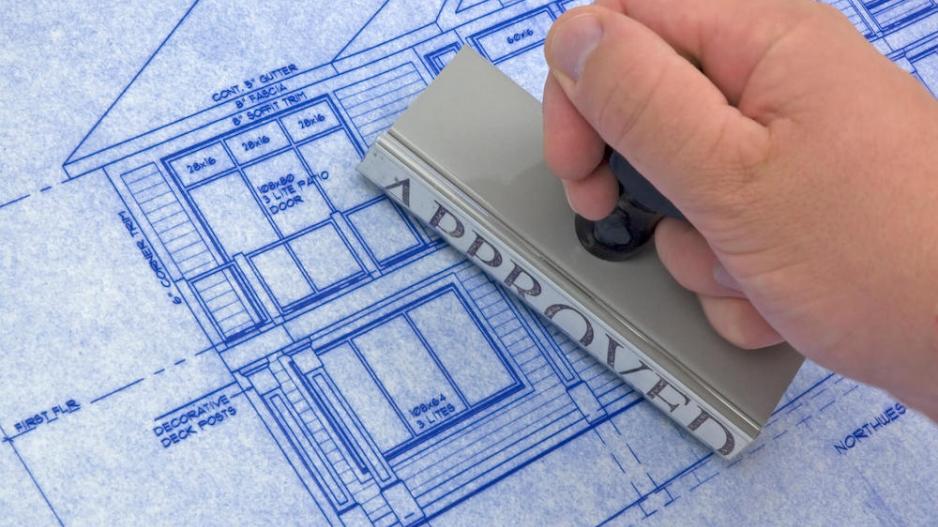Fast-Track Building Permit Process Now in Effect for Medium-Risk Developments in Cyprus
New procedure delivers planning and building permits within 80 working days as part of licensing reform.
A new, expedited building permit process for medium-risk developments (Category B) officially came into effect today. As part of Cyprus’s broader licensing reform, the Ministry of Interior announced that building permits under this category will now be issued within 40 working days, streamlining approvals and reducing delays.
According to the Ministry, 34 applications for urban planning permits for medium-risk developments have been submitted since the beginning of March. None have yet exceeded the 40-working-day limit and are currently under review.
The Ministry emphasized that this new process for building permits follows the introduction, earlier in March, of an automated system for issuing urban planning permits for the same category of developments.
The Interior Ministry highlighted that faster permit issuance plays a vital role in easing the housing problem. By eliminating unnecessary delays, the new system supports the permanent housing needs of citizens and facilitates the reintroduction of residential properties into the market for broader use.
Category B includes medium-risk developments such as:
-
Three- or four-unit residential buildings
-
Residential complexes of up to 12 terraced houses
-
Four-storey apartment buildings with up to 20 units and one basement
From now on, the required urban planning and building permits for these developments will be obtainable within 80 working days. The entire process will be carried out electronically through the “Ippodamos” System, making it simpler and more efficient.
As of now, the 34 applications submitted since early March include:
-
16 for apartment buildings
-
15 for developments of three or four housing units
-
3 for residential complexes of up to 12 terraced houses
The Ministry also reminded that since October 2024, the new permit system has been in place for low-risk developments—such as single-family and two-family homes—with both urban planning and building permits issued within a total of 40 working days.
To date, 645 applications for urban planning permits have been submitted under the new process for low-risk developments, with 491 completed. Additionally, 92 building permit applications were filed for the same category, of which 53 have been completed. The remaining cases are still within the 20-working-day evaluation window.
By expanding the new permit issuance process to include medium-risk developments, the government completes its plan to simplify and accelerate licensing for 50% of all development projects.
This reform also alleviates pressure on licensing staff at the District Self-Government Organizations (EOA), allowing them to focus on processing more complex and large-scale development applications.
The new system introduces simplified and rapid licensing procedures, significantly reducing review times. It also shifts responsibility for the accuracy, correctness, and completeness of applications to the private project designers, who must certify that the project complies with the conditions set out in the issued permits.
At the same time, the oversight method is being revamped to ensure construction quality and limit unauthorized building. Inspections will now move from paper-based reviews to on-site visits during three key stages of construction.
While awaiting legislation to introduce the institution of the Building Inspector—currently being promoted in collaboration with the Cyprus Scientific and Technical Chamber (ETEK)—site inspections will be carried out by the District Self-Government Organizations, which act as the licensing authorities.
The licensing reform is being implemented in parallel with the reform of Local Government and the rollout of the government’s integrated housing policy.






